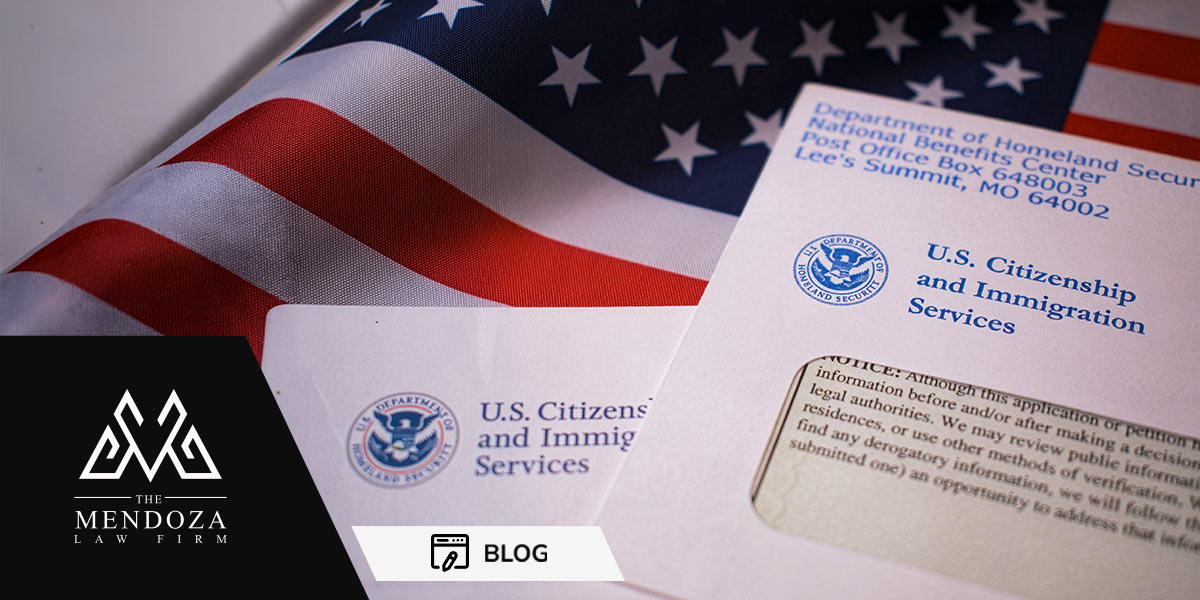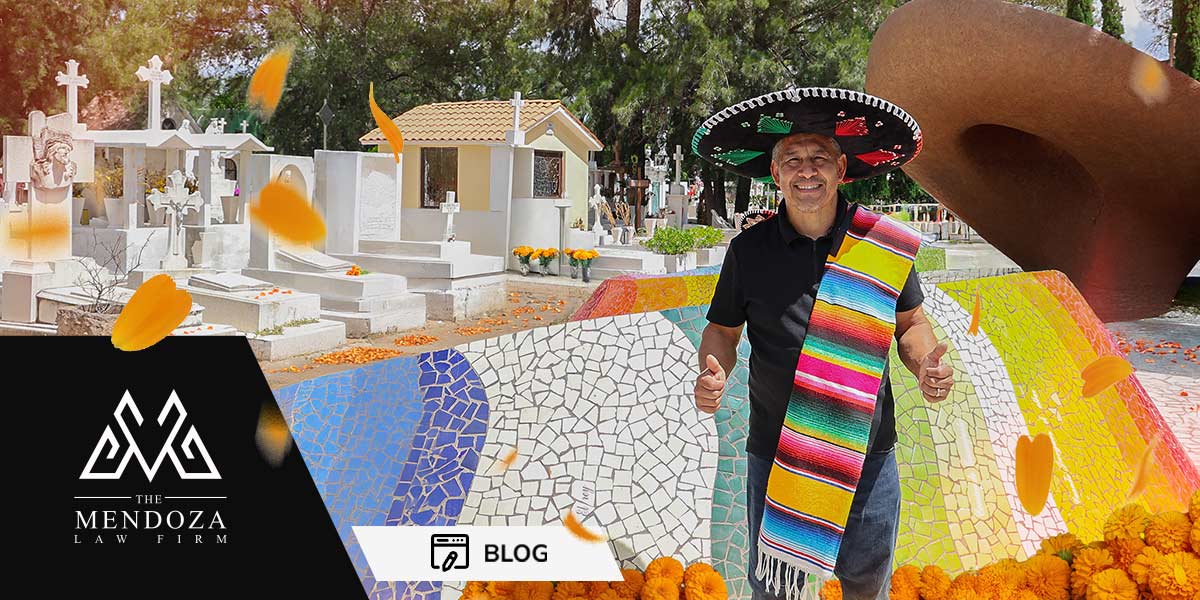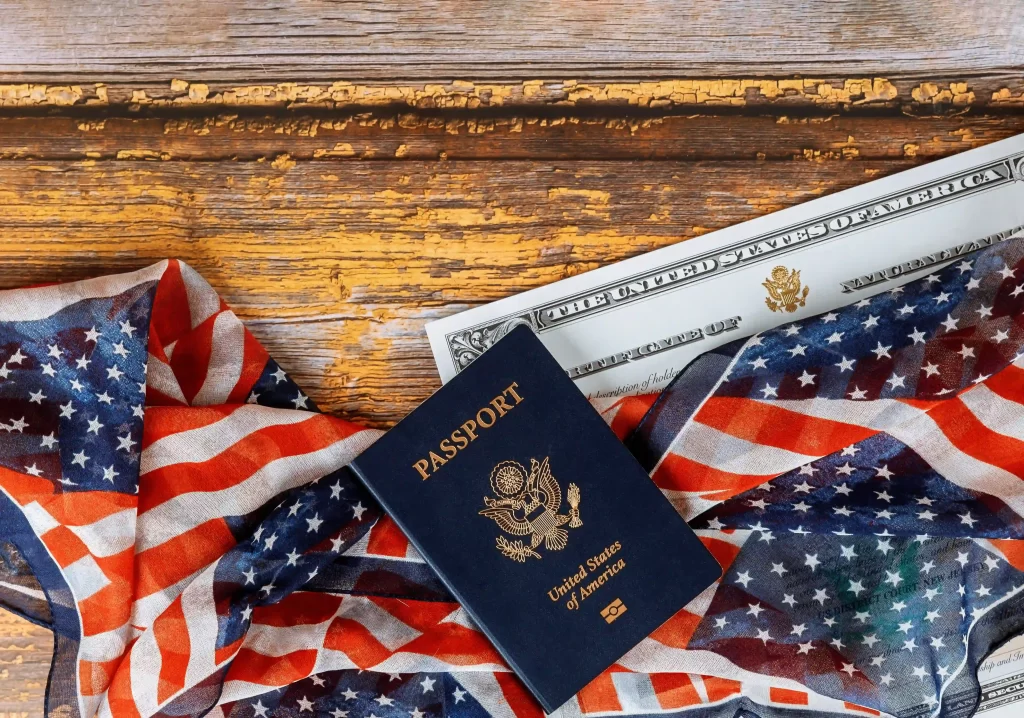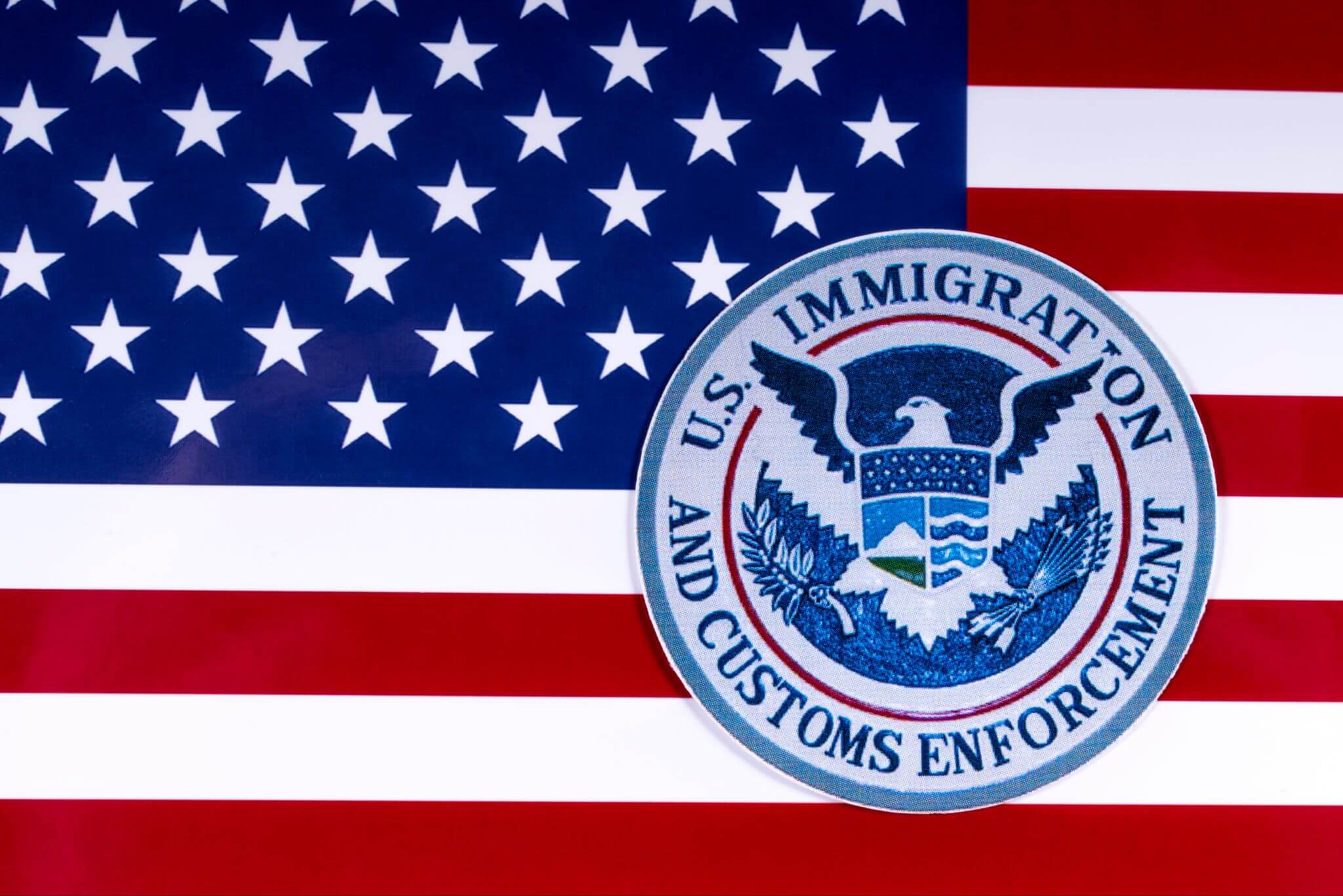Blog
Related Articles

Immigration
What Are RFE, Why Is USCIS Requesting Them, and How Can You Prevent Delays in Your Immigration Case?
Requests for Evidence, commonly known as RFE, have always been a normal part of the immigration proc...
 María Mendoza
María Mendoza
Published: November 27, 2025

Immigration
Between Flowers, Borders, and Memories
On Día de Muertos, our streets, our homes, and our hearts fill with color, flavor, and memori...
 María Mendoza
María Mendoza
Published: October 30, 2025

Immigration
Is There a New Immigration Law for Permanent Residency in 2024?
Hola, mi gente, it's attorney María Mendoza with you again. In this blog, I will discuss whet...
 María Mendoza
María Mendoza
Published: July 30, 2024

Immigration
How to obtain citizenship in the United States without an exam?
There are legitimate ways to obtain US citizenship without going through the exam process. Here are ...
 María Mendoza
María Mendoza
Published: March 4, 2024

Immigration
ICE Operations: Everything You Need to Know to Protect Yourself
Hello everyone, this is Attorney María Mendoza. I want to talk to you about the Immigration a...
 María Mendoza
María Mendoza
Published: January 28, 2025